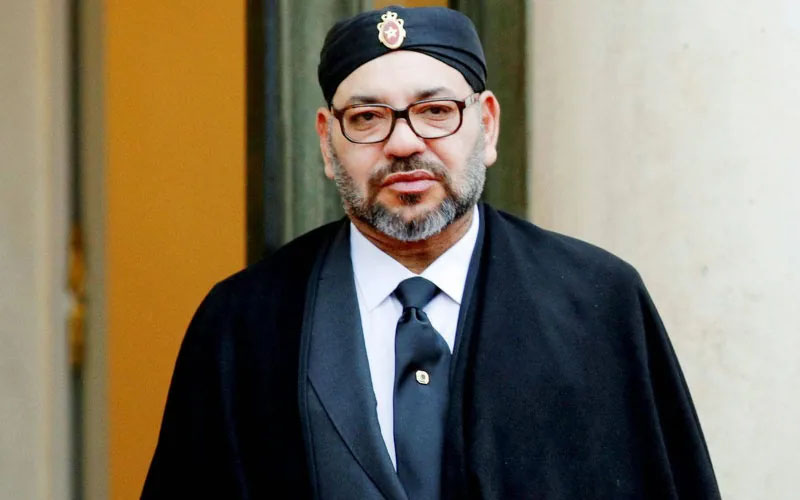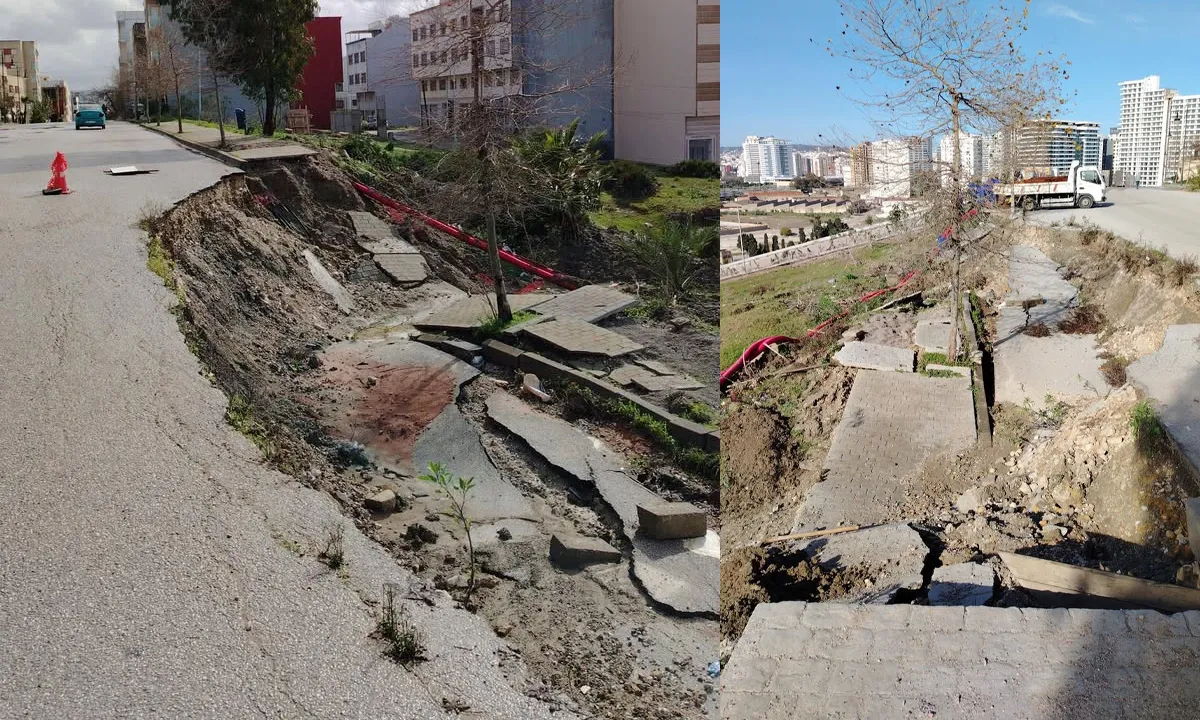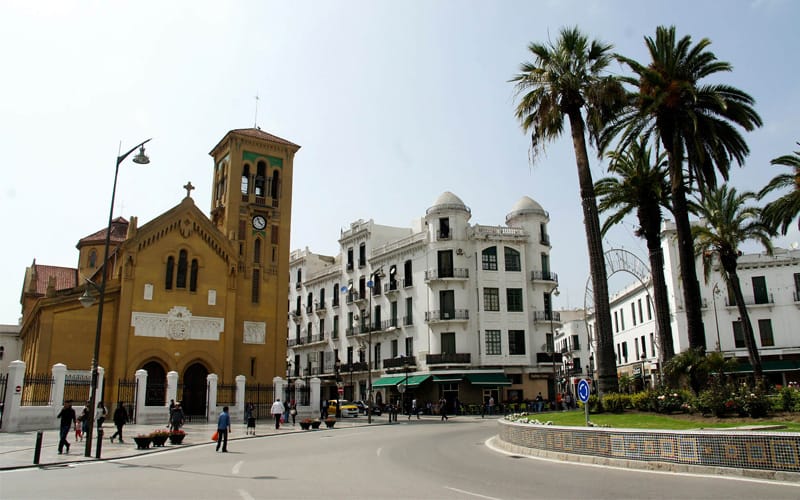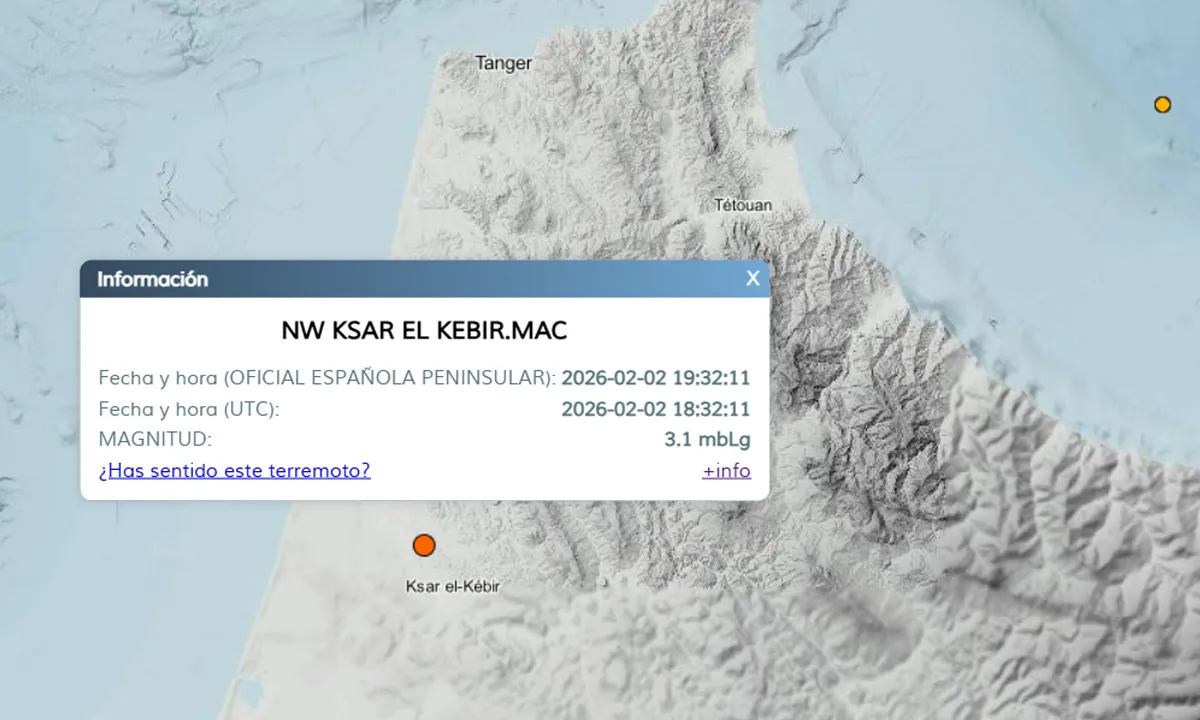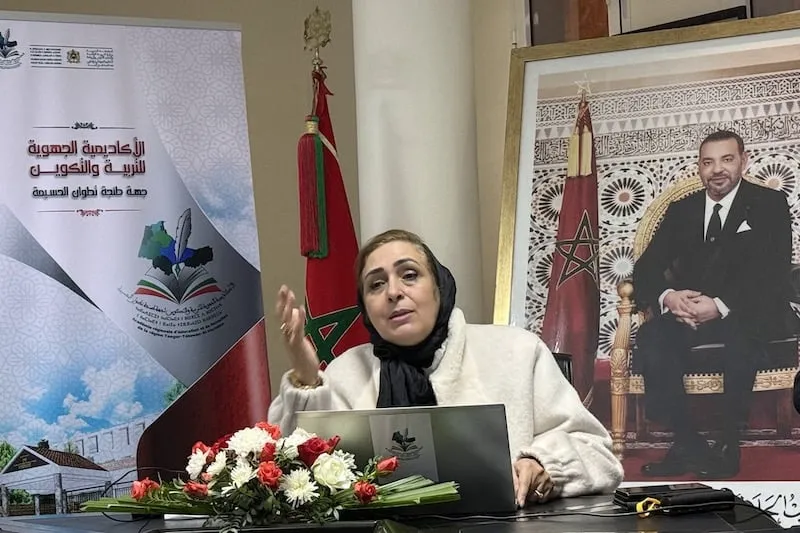A statement issued by the National Union of Labor in Morocco (UNTM) has sparked widespread controversy within union and administrative circles after revealing the presence of surveillance cameras in health facilities designated for female employees at the Ministry of National Land Planning, Urban Development, and Housing in the Casablanca-Settat region.
The union condemned this practice as a “gross violation of privacy,” demanding their immediate removal and an urgent investigation.
The closing statement came at the end of the regional conference of the National Union for Land Planning, Urban Development, and Housing, held on October 9 in Casablanca. The newly elected regional office expressed strong dissatisfaction with “practices that undermine the principles of personal data protection and threaten the dignity and individual freedom of employees.”
The statement categorically rejected the presence of cameras monitoring “restrooms designated for women,” deeming it “an international and national criminal act” that violates bodily sanctity and privacy. According to the statement, this action contravenes Article 24 of the Moroccan Constitution, which stipulates “the right of every individual to protect their private life,” in addition to Law 09-08 concerning the protection of personal data, which prohibits the collection of sensitive visual data without legality and proportionality.
Union members also expressed astonishment at the “huge” number of cameras capturing audio and video in the meeting room and three corridors for distributing offices, linked to a manager’s phone, without undergoing official procedures or prior legal notification carrying a serial number.
The unionists demanded:
– The immediate removal of all cameras infringing on employee dignity, particularly those located in health facilities.
– The cessation of intimidating administrative practices to ensure a discrimination-free and harassment-free work environment.
– The disbursement of due compensation for tasks and field relocations retroactively, to bolster employee rights in urban development projects.
– An urgent plan to address shortages in human and logistical resources to support national projects.
– The activation of regular institutional communication with central administration to ensure public service efficiency.
– Improvement of social conditions through the implementation of housing agreements and the allocation of preferential housing programs for sector employees.
– The acceleration of structuring the ministry’s social services institution to enhance its financial and health services.
Source








